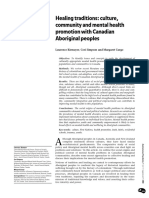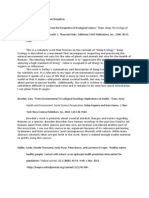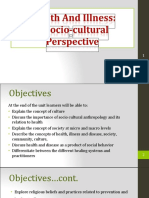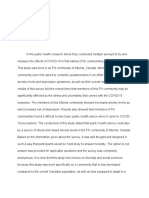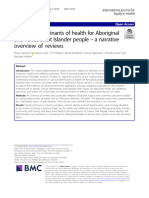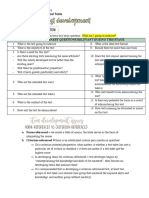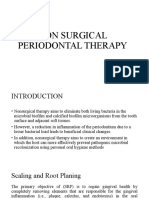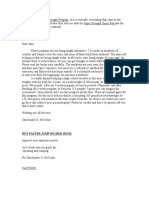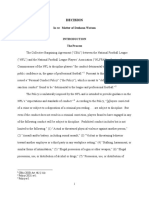0% found this document useful (0 votes)
107 views6 pagesIndigenous Health & Culture Guide
This document provides answers to questions about modules on Aboriginal relationship and cultural competency courses. It discusses the impact of colonialism on Indigenous health, including diseases, loss of land and traditions, and increased mental health issues. It also covers determinants of Indigenous health like personal practices, social supports, and social/cultural/political factors. The document emphasizes understanding Indigenous history and culture to provide appropriate health services.
Uploaded by
Hayder Al-TukmachiCopyright
© © All Rights Reserved
We take content rights seriously. If you suspect this is your content, claim it here.
Available Formats
Download as PDF, TXT or read online on Scribd
0% found this document useful (0 votes)
107 views6 pagesIndigenous Health & Culture Guide
This document provides answers to questions about modules on Aboriginal relationship and cultural competency courses. It discusses the impact of colonialism on Indigenous health, including diseases, loss of land and traditions, and increased mental health issues. It also covers determinants of Indigenous health like personal practices, social supports, and social/cultural/political factors. The document emphasizes understanding Indigenous history and culture to provide appropriate health services.
Uploaded by
Hayder Al-TukmachiCopyright
© © All Rights Reserved
We take content rights seriously. If you suspect this is your content, claim it here.
Available Formats
Download as PDF, TXT or read online on Scribd
/ 6









